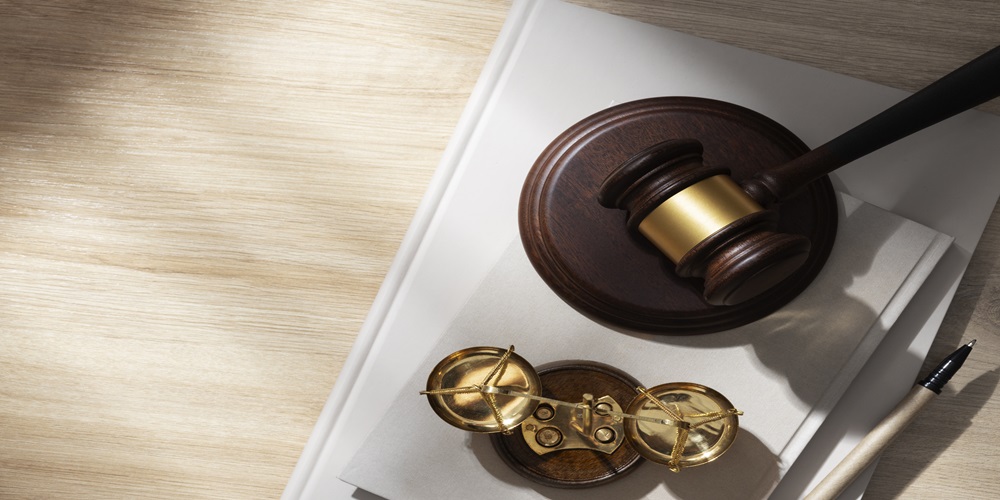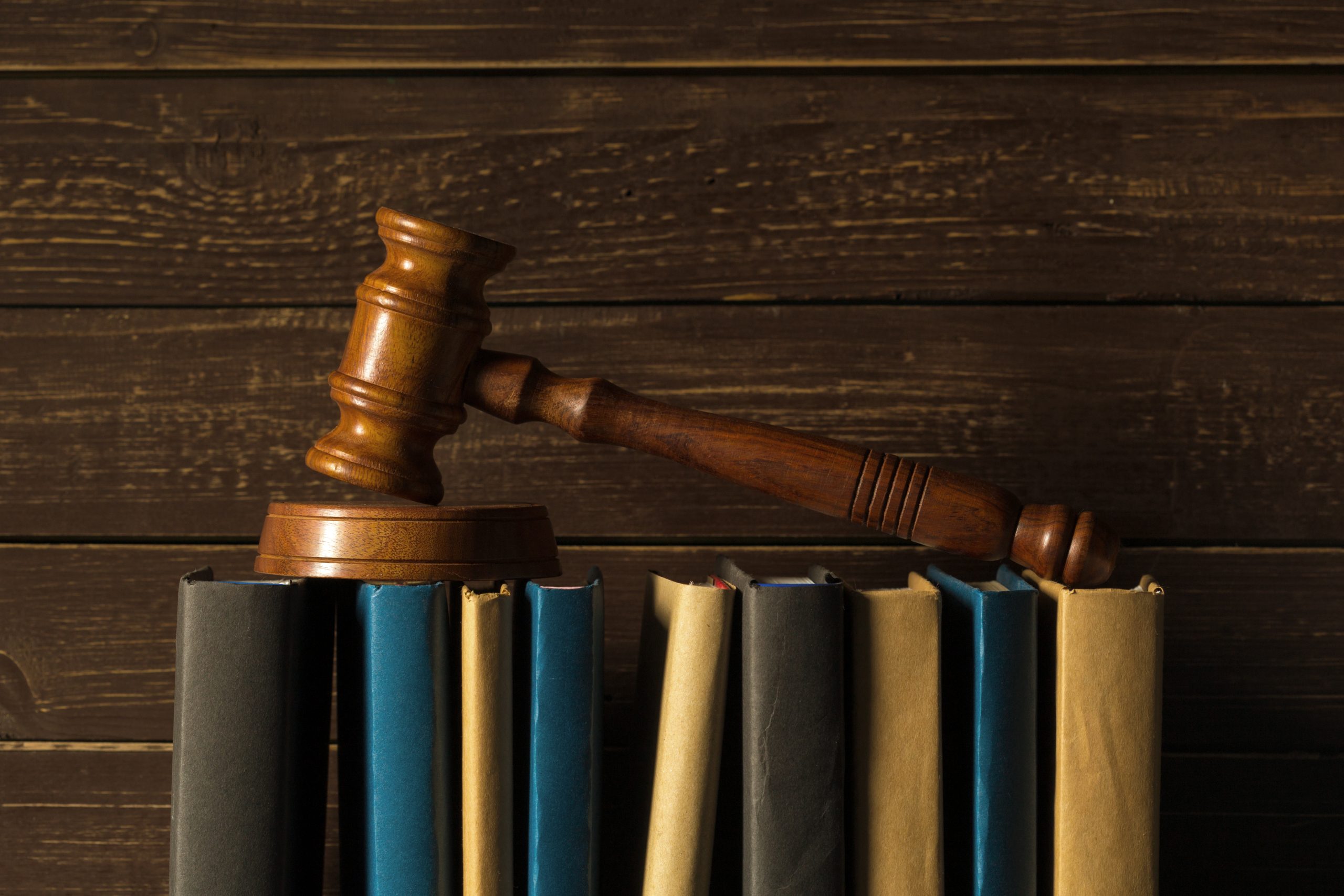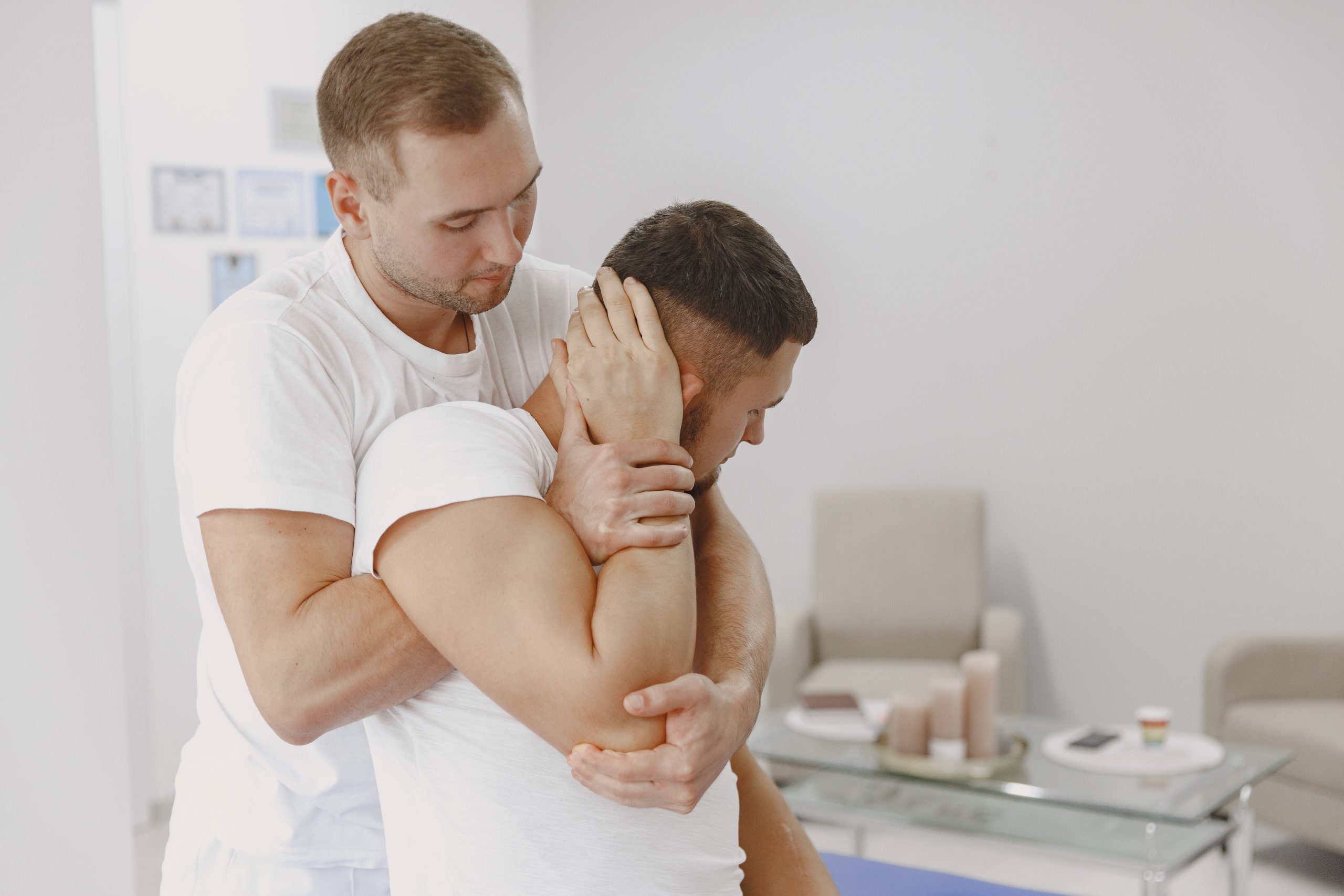Witness testimonies are crucial to our legal system, but are they always right? Here are why eyewitness accounts might only sometimes be accurate. According to the best lawyers, like criminal law attorney Brampton, this can lead to mistakes in convictions.

Memory is Fallible
Human memory could be better. It can change and forget things. Stress, feelings, and suggestions can all affect how we remember. This means we can only sometimes rely on memories to be correct, especially in stressful situations like witnessing a crime.
Cross-Racial Identification
Some studies found that people need to improve at identifying someone from a different race. This can cause problems, like wrongly accusing someone because of a mistake in recognizing their race. Recognizing this issue helps us understand why errors occur when identifying someone from a different racial background.
Confidence Does Not Equal Accuracy
Even if someone is very sure about what they saw, they are still correct. Research shows that even if a witness is very confident, they might still make a mistake. We can only sometimes trust high confidence levels as proof of the accuracy of what a witness says.
People Can Complicate the Details with Suggestions
Sometimes, people unintentionally influence witnesses by suggesting details. This can make the witness remember things that didn’t happen. Understanding how suggestions impact memory helps us see why we must be careful when questioning witnesses.
Time Has Impact on Memory
As time passes, memories can change. Witness testimonies might need to remember some details or mix up the order of events. This time-related shift in memory highlights the need for quick and thorough investigations to get the most accurate information from witnesses.
Stress and Memory Distortion
During stress, their memory is significantly impaired, impacting their memory. Adverse cases, such as seeing a criminal act occurring, can make it difficult for an individual to recall the events accurately. Recognizing the link between stress and memory helps us see why eyewitness accounts might only sometimes be reliable.
Getting Info After the Event
Imagine seeing something and hearing more about it later, maybe from the news or talking to others. This extra info can mix up with what you saw. When someone says things after learning more, we should be careful because it might differ from what they saw.
How Lineups Are Done Matters
Think about a police lineup where they show a few people, and one might be the suspect. If the suspect looks very different from the others, it’s more accessible for the person who saw the crime to pick them, even if they’re not the real one. How they set up these lineups can affect whether the witness gets it right or wrong.
Experts Can Help With Remembering the Moment
Sometimes, some people are good at understanding how memory works and can tell the court about it. But, not everyone might listen or understand what these experts say. Also, getting these experts can be challenging and take much time. While they can help, not everyone might have them in court.
Conclusion
What Witness testimonies say can sometimes be difficult to believe. They might hear more after the event, how lineups are done can affect things, and even though experts can help, it can be challenging to use them. When we hear what someone saw, we must be careful and look for other proof whenever possible. This helps make sure we get things right in the legal system.





